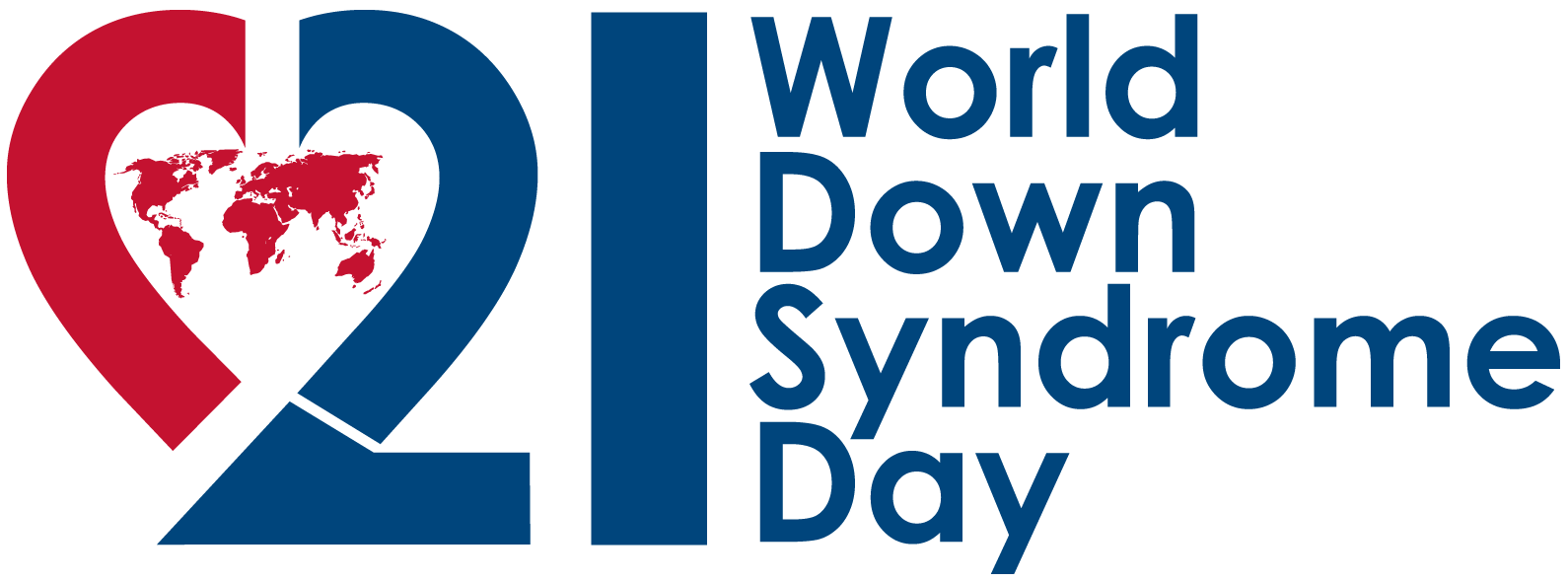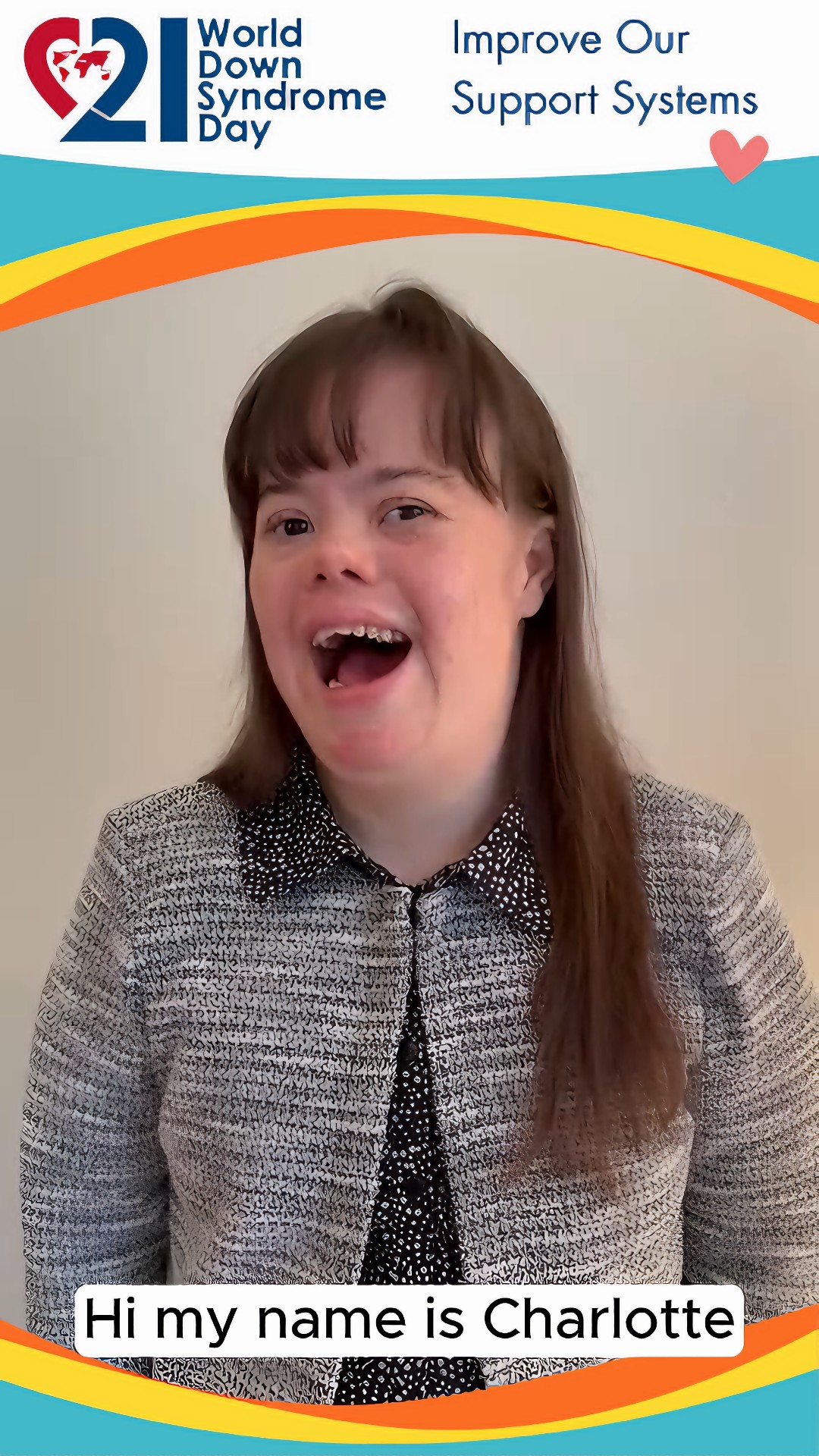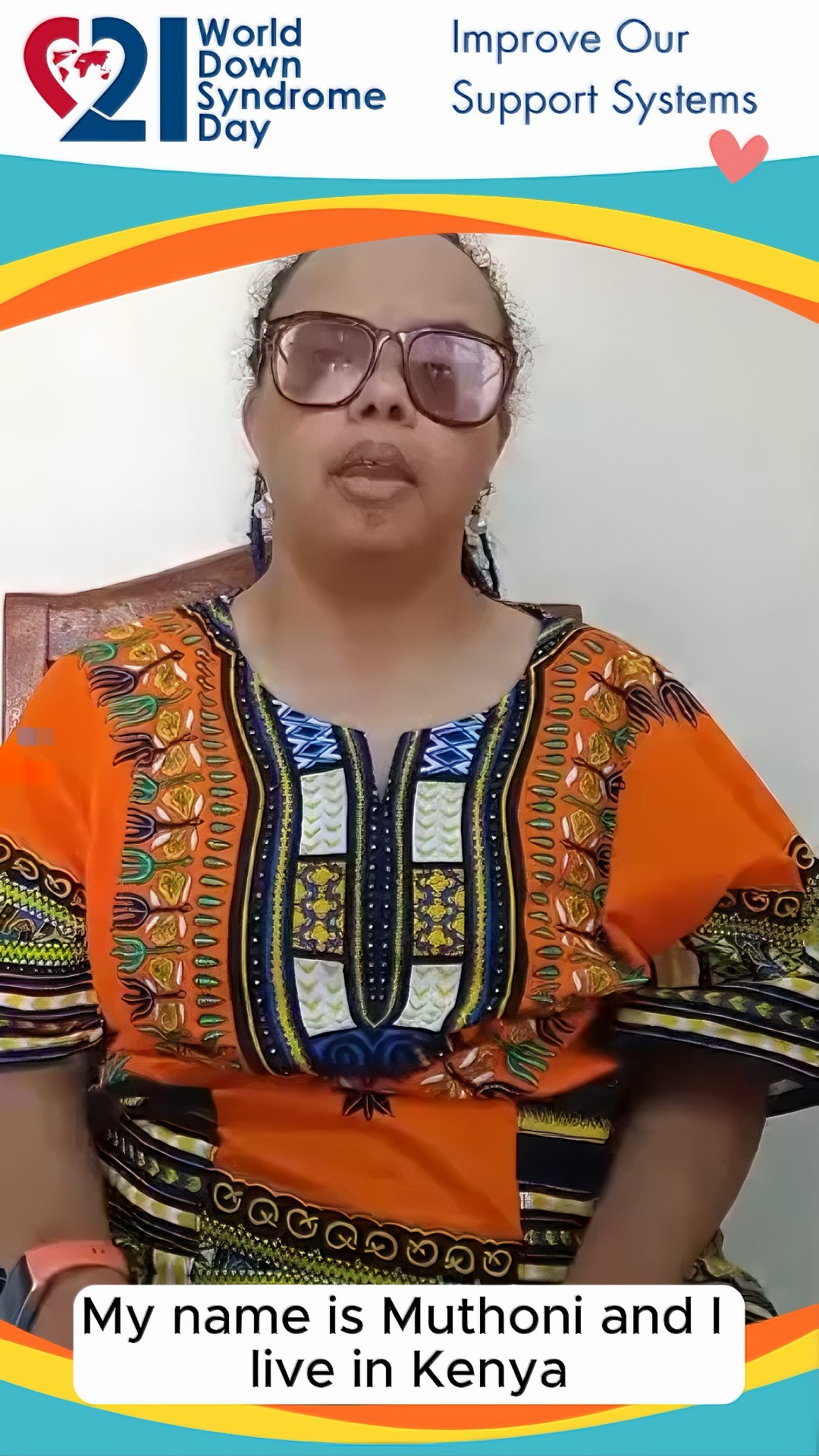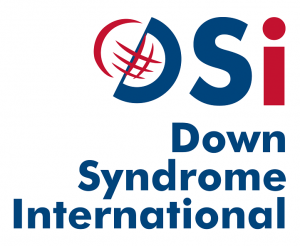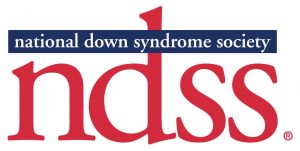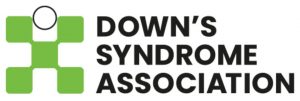The theme is the message that we are asking supporters to share on and around World Down Syndrome Day, 21 March 2025.
We call on all Governments to…
Improve Our Support Systems
Share your message on social media using the hashtag #ImproveOurSupportSystems
Everyone needs support sometimes.
People with Down syndrome need support to live and be included in the community, like everyone else.
Families also need support, as they are often supporting their family member with Down syndrome.
Support is a key human right that helps make other rights possible.
The support that we need is different for each person.
We have the right to support that meets our needs and gives us choice, control and dignity.
What needs to improve?
Many people with Down syndrome around the world don’t get the support they need.
Many countries do not have support systems that meet the needs of people with disabilities and their families.
Or the support systems they have do not respect the human rights of people with disabilities.
Governments must make sure there is a support system, so people with disabilities are included in the community.
We call on all governments to improve our support systems.
A good support system includes:
Governance – laws and policies to design, implement and monitor support systems.
These should be based on human rights and include people with disabilities at all stages of design, implementation and monitoring.
Information and data – to understand the barriers that people with disabilities face and the individual support needs that people have.
Social protection – support from the government, like money or services. This should cover the disability-related extra costs that people with disabilities and their families face.
For example:
• Direct costs like paying for assistive technology or support, or higher health, transport or housing costs.
• Indirect costs like missed earnings that people with disabilities face, due to barriers faced at work, or that families face, because they have to provide support.
Human support – this means support by a person, needed to help with daily living tasks and promote independence.
This can include:
• Support by families, friends or other contacts.
• Support by support services or support workers.
People with disabilities should have choice and control over the support they receive.
Assistive technology – tools or apps that help people with tasks and to be independent. For example, picture cards or apps to help people communicate.
Access to transport.
Housing that is accessible and not too expensive.
Why are support systems important?
Support systems help make other rights possible.
For example, lots of people with Down syndrome need support to enjoy their rights to:
• Make important decisions about their lives, like opening a bank account (CRPD Article 12).
• Access justice, like being able to report a crime or be a witness (CRPD Article 13).
• Live independently in the community (CRPD Article 19).
• Be included in education (CRPD Article 24).
• Get good healthcare (CRPD Article 25).
• Have a job and be included at work (CRPD Article 27).
• Vote and take part in politics (CRPD Article 29).
• Take part in culture, leisure and sport (CRPD Article 30).
To promote all these rights, governments must improve our support systems.
Self-advocates on support systems
Self-advocates from around the world share their experience of support systems – what is good, what is not so good and what they want to change. Click on the images to watch their videos.
Share your message on social media using the hashtag #ImproveOurSupportSystems
Global work to transform care and support.
For people with disabilities, we use the word ‘support’, not ‘care’, because it is more empowering and is used in the United Nations Convention on the Rights of Persons with Disabilities.
But the word ‘care’ is used more widely by other groups, including care for children, people with disabilities, and older people.
There are many groups working together globally to push for fairer systems of care, both for people receiving and providing care.
By working together, our campaign to improve our support systems can be part of a wider push for a rights-based approach to care and support.
Care and support is often provided by:
• Family members, who are often unpaid,
• Support workers and services, which often have low pay and poor working conditions.
Women and girls are overrepresented as these providers of care and support.
Care and support needs to change to make sure care providers can enjoy their human rights.
But any changes must also respect the rights of the people who receive the care and support.
LIVE at the United Nations in New York!
Join us on World Down Syndrome Day for the 14th World Down Syndrome Day Conference.
Self-advocates and other experts will speak up about support systems and what needs to be improved.
We will ask leaders to make changes so people with Down syndrome and other disabilities are included in the community.
You can join us in person or watch online. You can even apply to speak at the event!
Learn more on the event website:
World Down Syndrome Day at United Nations Geneva
There will be a number of events at the United Nations in Geneva to mark World Down Syndrome Day, from 20-22 March.
Activities include:
A discussion on the rights of persons with disabilities to participate in political and public life with the Committee on the Rights of Persons with Disabilities.
A discussion on ways to improve support systems for individuals with Down syndrome and their families with the Committee on the Rights of Persons with Disabilities.
As well as celebrations, live performances, fondue and traditional music.
Everyone is welcome!
Sign up to hear from the World Down Syndrome Day team about how you can get involved.
You will also receive our FREE digital WDSD resources.
Together we will create a single global voice advocating for the rights, inclusion and well being of people with Down syndrome.
